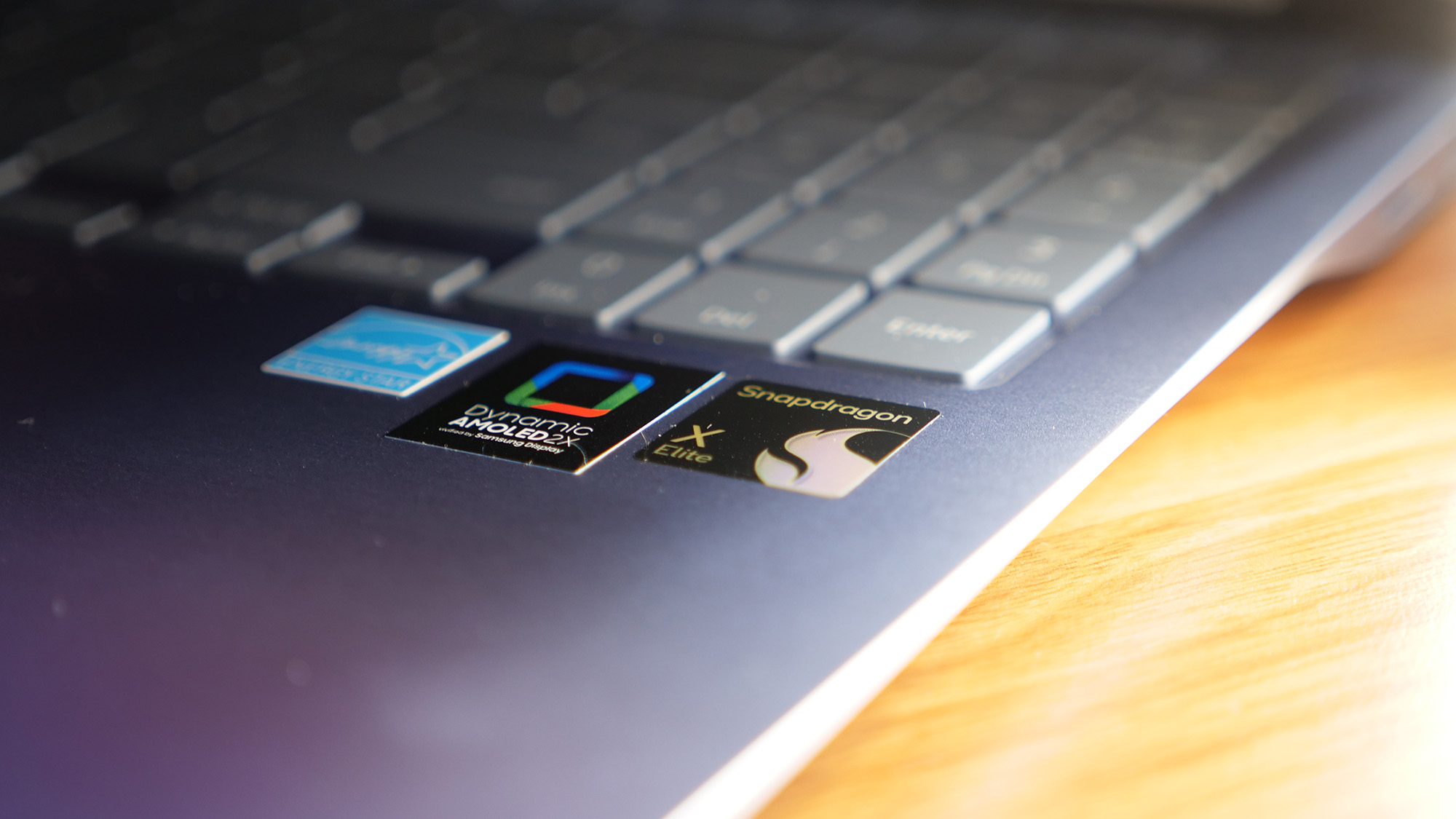PlayStation’s Project Spartacus doesn’t need to compete with Xbox Game Pass
People love to blow things out of proportion
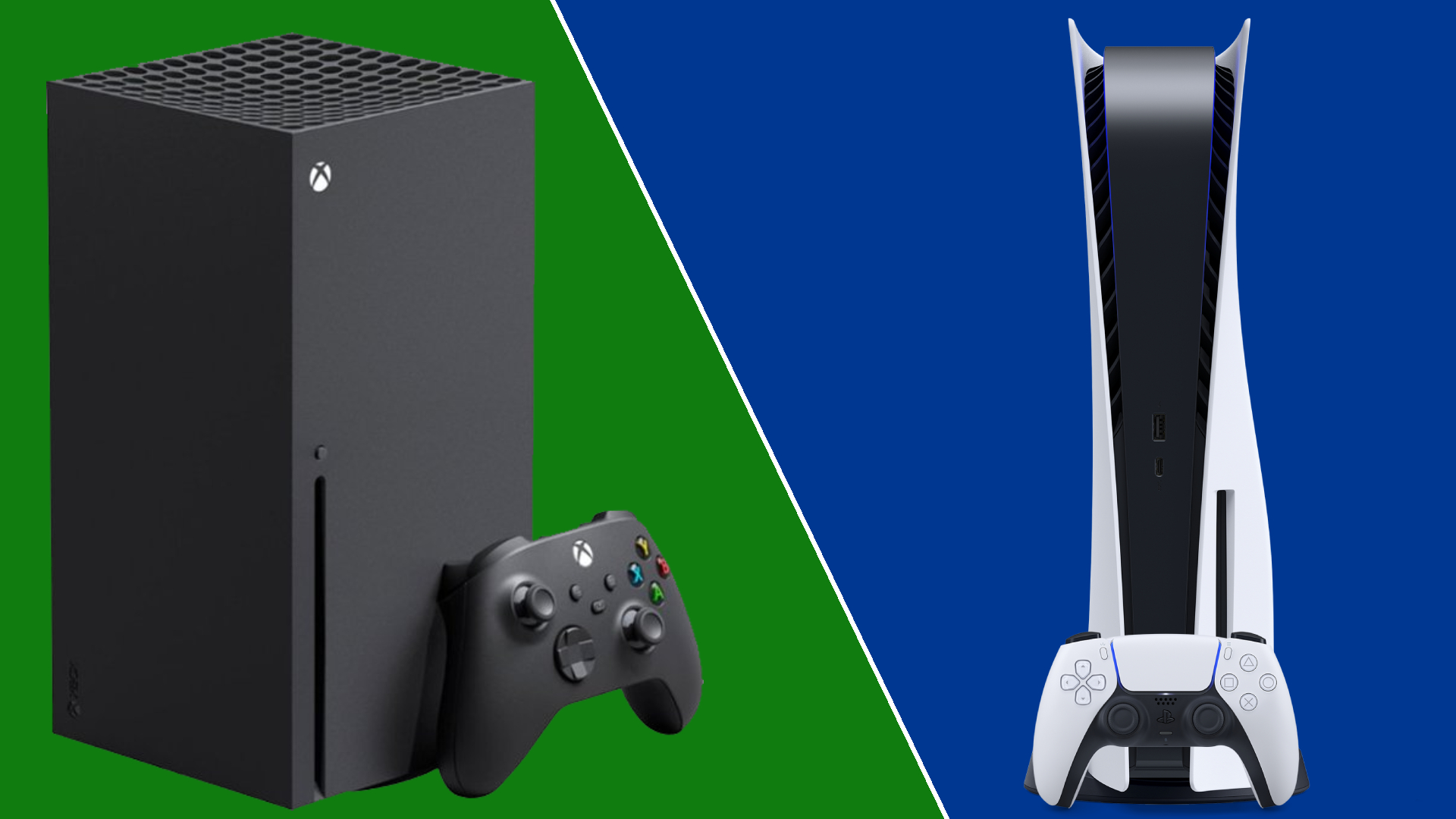
With the recent announcement that Microsoft would be acquiring Activision Blizzard, the future of console gaming has been a point of frequent contention. And with the company’s acquisition of Bethesda having gone through just last year, it’s more apparent than ever that this generation, along with those that proceed it, will never be the same.
Xbox Game Pass is already a phenomenal deal, but now that Microsoft will own Call of Duty, Overwatch, Diablo, Warcraft, Crash Bandicoot, Tony Hawk’s Pro Skater, Sekiro: Shadows Die Twice and more, the service is only set to get better. In the announcement on Xbox’s website, Spencer confirmed it will offer “as many Activision Blizzard games” as they can once the deal closes, throughout both console and PC.
- See the best PC games and best Xbox Game Pass PC games to play now
- These are the best Xbox Series X games and best PS5 games so far
- See our Xbox Series X review, PS5 review and best virtual tabletop software
Microsoft’s aggressive push to buy out studios has brought forth curiosity within the industry: What does Sony do now? Its PlayStation 4 generation was wildly successful, and throughout the past year, the company’s reign seemed certain to continue thanks to the PS5’s incredible technological advancements and stellar first-party lineup.
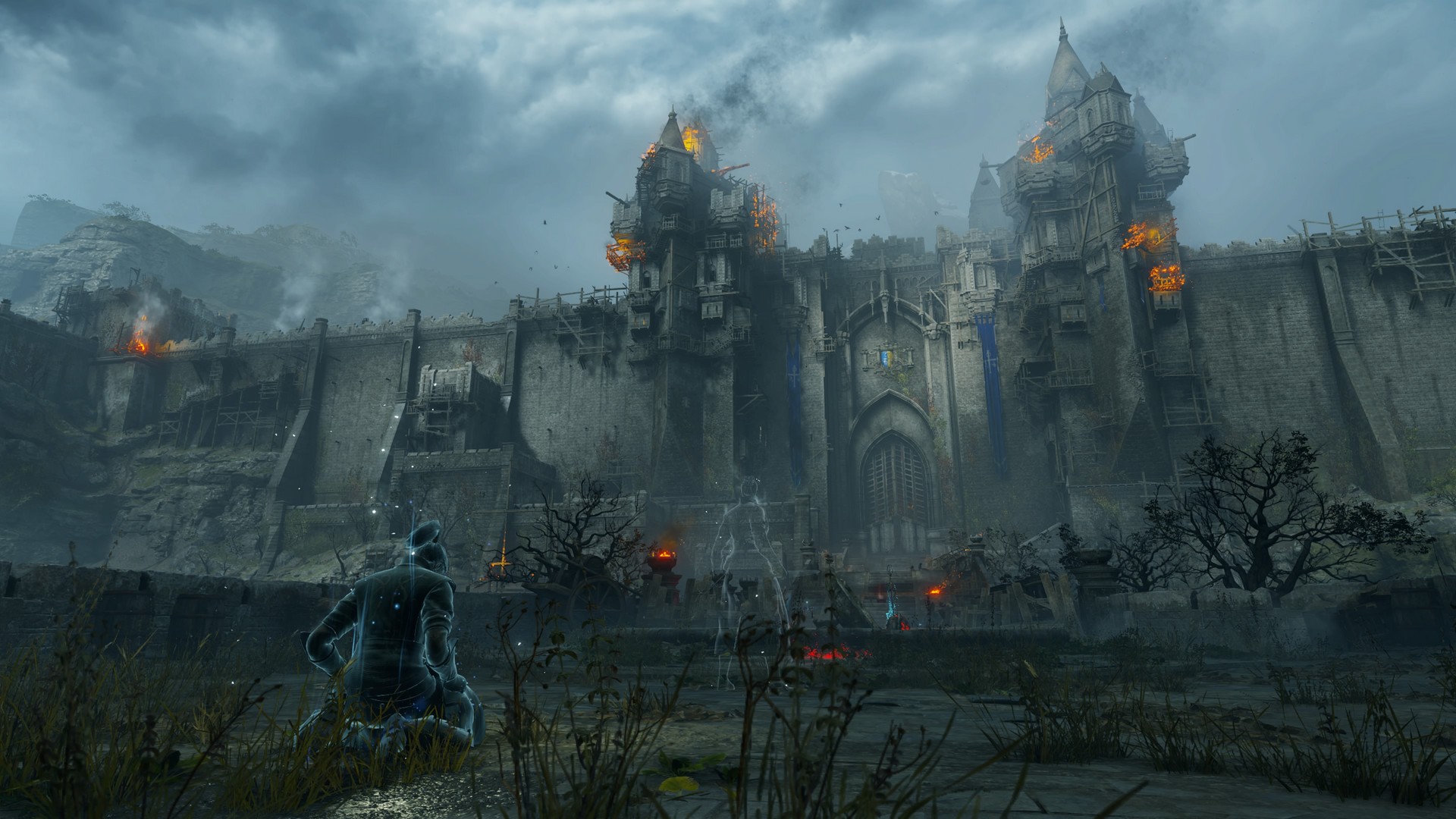
Some believe that’s not enough. There’s an expectation that Sony must “respond” to Xbox’s recent acquisitions, as if the two company’s are so tightly locked in competition that there’s no way they could succeed simultaneously. Sony still has exclusivity deals with both Bethesda and Activision, which has made Xbox’s acquisition of those companies comparable to two titans battling for dominance.
And with the rumors of Sony building a subscription service that would give players access to a library of downloadable games, there’s even more of an expectation that the company will compete with Xbox Game Pass. But for it to be seen on the same level, it needs to offer new first-party PlayStation exclusives along with modern third-party titles. And not just that, it would have to match the competitive pricing of Game Pass.
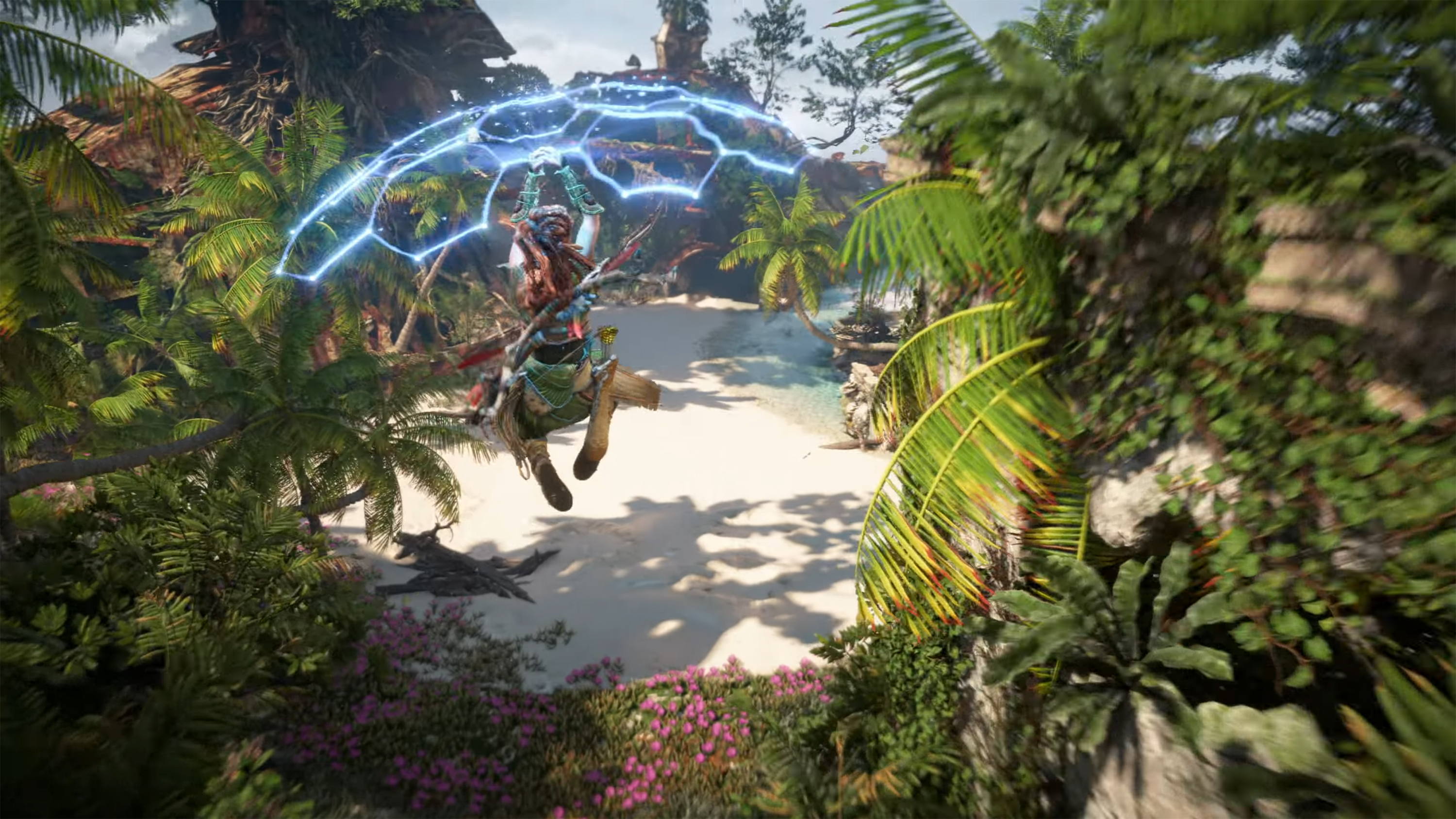
But this service, which is going by Project Spartacus, doesn’t need to be Sony’s “big answer” to Game Pass. PlayStation doesn’t have to meet Xbox on the same playing field. The hubbub surrounding this service seems like a classic case of the industry turning reactionary at the slightest shift. People made similar claims about Xbox throughout the course of the PlayStation 4’s lifespan.
Xbox was behind, and unimaginative fans would often suggest Microsoft needed to mimic Sony, focusing on third-person AAA exclusives with deep, film-esque narratives. People were equally worried when Microsoft moved their games to PC, as they felt it could mean the death of Xbox. But now, the platform is in a great place, as Game Pass has completely evolved past console wars.
Stay in the know with Laptop Mag
Get our in-depth reviews, helpful tips, great deals, and the biggest news stories delivered to your inbox.
Before the launch of PS5 and Xbox Series X, I wouldn’t have hesitated in recommending the former to those looking to get into gaming. Now, there are plenty of great reasons to purchase both. PlayStation won’t suddenly lose its incredible first-party exclusives now that Xbox is pushing to grow Game Pass. Sony doesn’t need to “respond” to Microsoft. They’re both in great spots, as the quality of PlayStation exclusives will ensure it remains a successful platform for years to come.
What Should Project Spartacus Be
Xbox made the majority of its library backwards compatible with the Xbox Series X, so the lack of love we’ve seen for Sony’s older libraries across PS4 and PS5 is upsetting. Microsoft even has a page dedicated to showcasing every title that is backwards compatible on Xbox Series X; this list has nearly 5,000 entries.
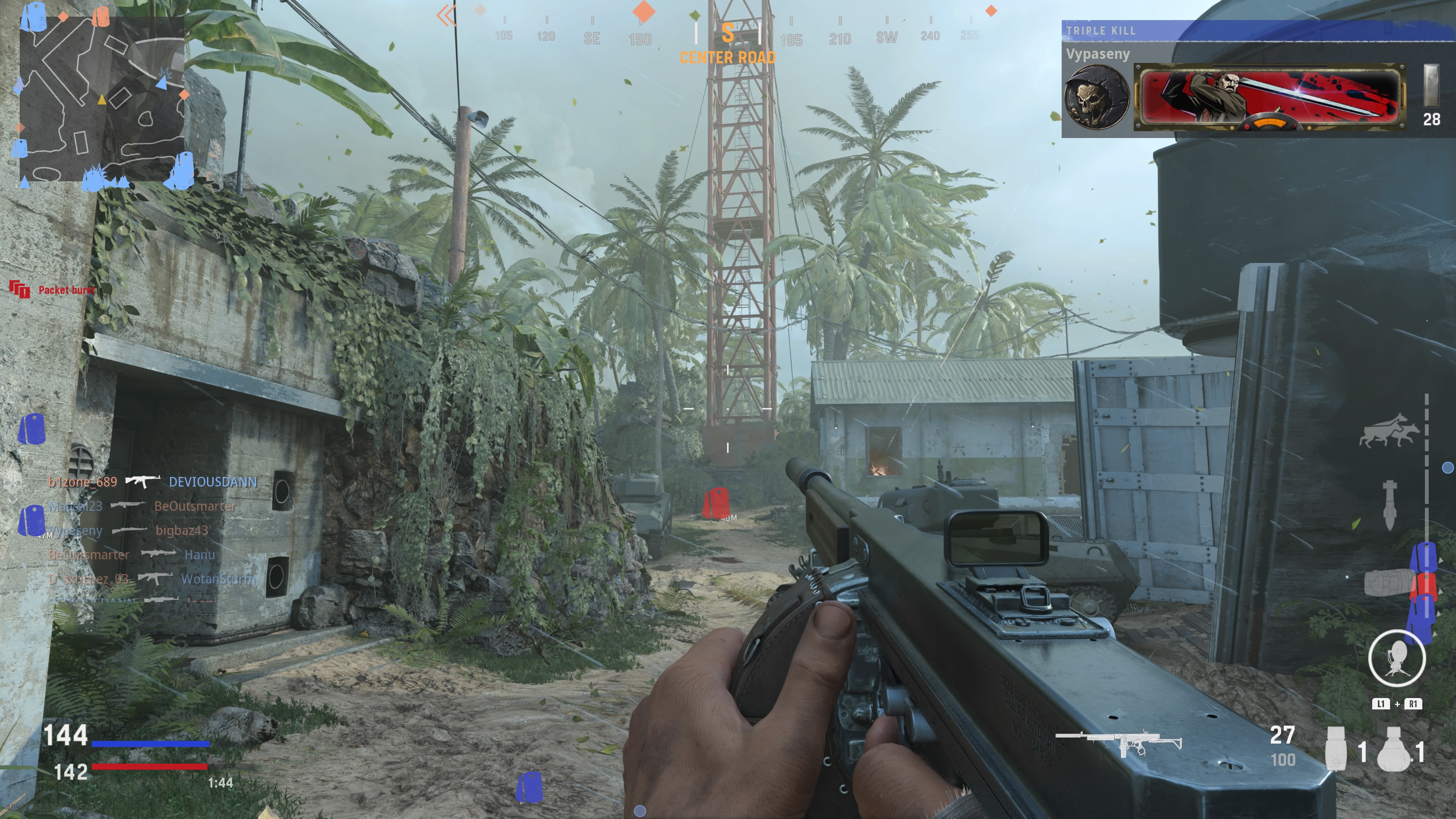
Sony has yet to reveal plans for true backwards compatibility on PS5, but Project Spartacus could somewhat alleviate this. The PlayStation Plus Collection is a good example of what Spartacus might look like, as it provides access to 20 PS4 titles that can be downloaded as long as you’re still subscribed to the service.
Spartacus should be far larger in scope, offering dozens upon dozens of titles across PSX, PS2, PS3 and PS4. If we’re lucky, we’ll even see PlayStation Portable and Vita games find a home on the service. I still have an original PS3 set up on my TV stand for whenever I’m in the mood to jump back into old PlayStation games. Just last year, I took a trip down memory lane by playing through the old Ratchet & Clank series, God of War and InFAMOUS.
And until Sony makes PS5 the ultimate console for PlayStation titles across multiple generations, my PS3 is never going back in the closet. Spartacus could be a great first step for backwards compatibility this generation.
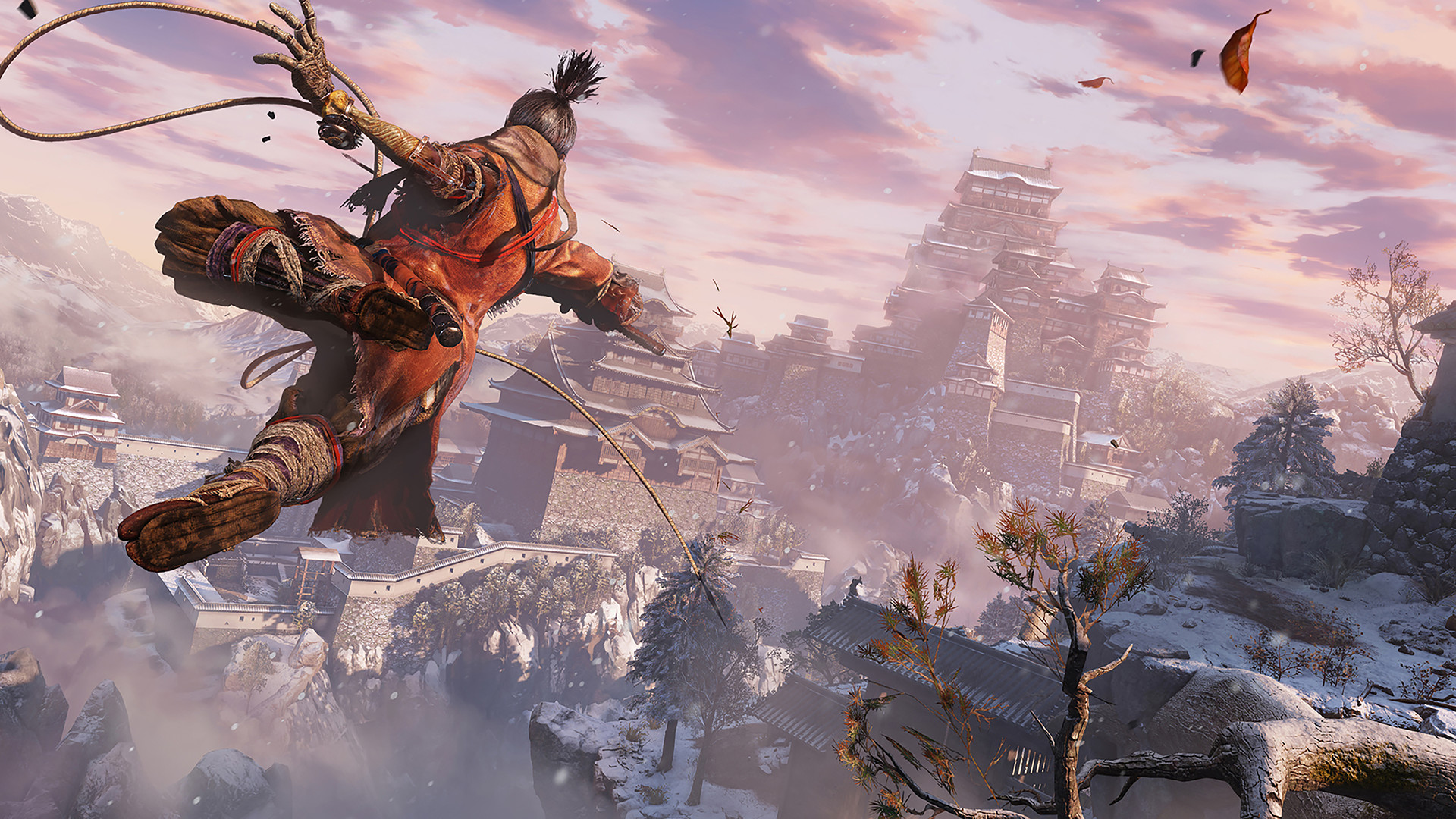
And while Microsoft’s backwards compatibility is great, users are still expected to pay for many of those old games. Xbox Game Pass does feature plenty of downloadable Xbox 360 games, but only a few Xbox games. PlayStation benefits from such a vast catalog throughout many legendary console generations, and if the company nails Spartacus’ library, it could be more than worth the subscription cost.
Although some believe Spartacus will offer similar features to Xbox Game Pass, which give subscribers access to newly released first-party and third-party titles, this is hard to believe. Sony has found so much success in its current business model, it’s difficult to see why they would adapt to a competitor’s risky tactic that hasn’t been confirmed to be entirely successful. Spartacus could feature a limited library of older first-party PS5 games, but it’s more likely that the focus will be on smaller titles and hits from previous generations.
How much should Project Spartacus cost
It’s likely that Project Spartacus will only be available on modern PlayStation consoles (or perhaps only PS5), which means this subscription service should undercut the console-only version of Game Pass in cost. Sony could get away with pricing it at $10, but it’s unlikely that Spartacus’ game library will be close in depth to what Microsoft will offer throughout the next few years.
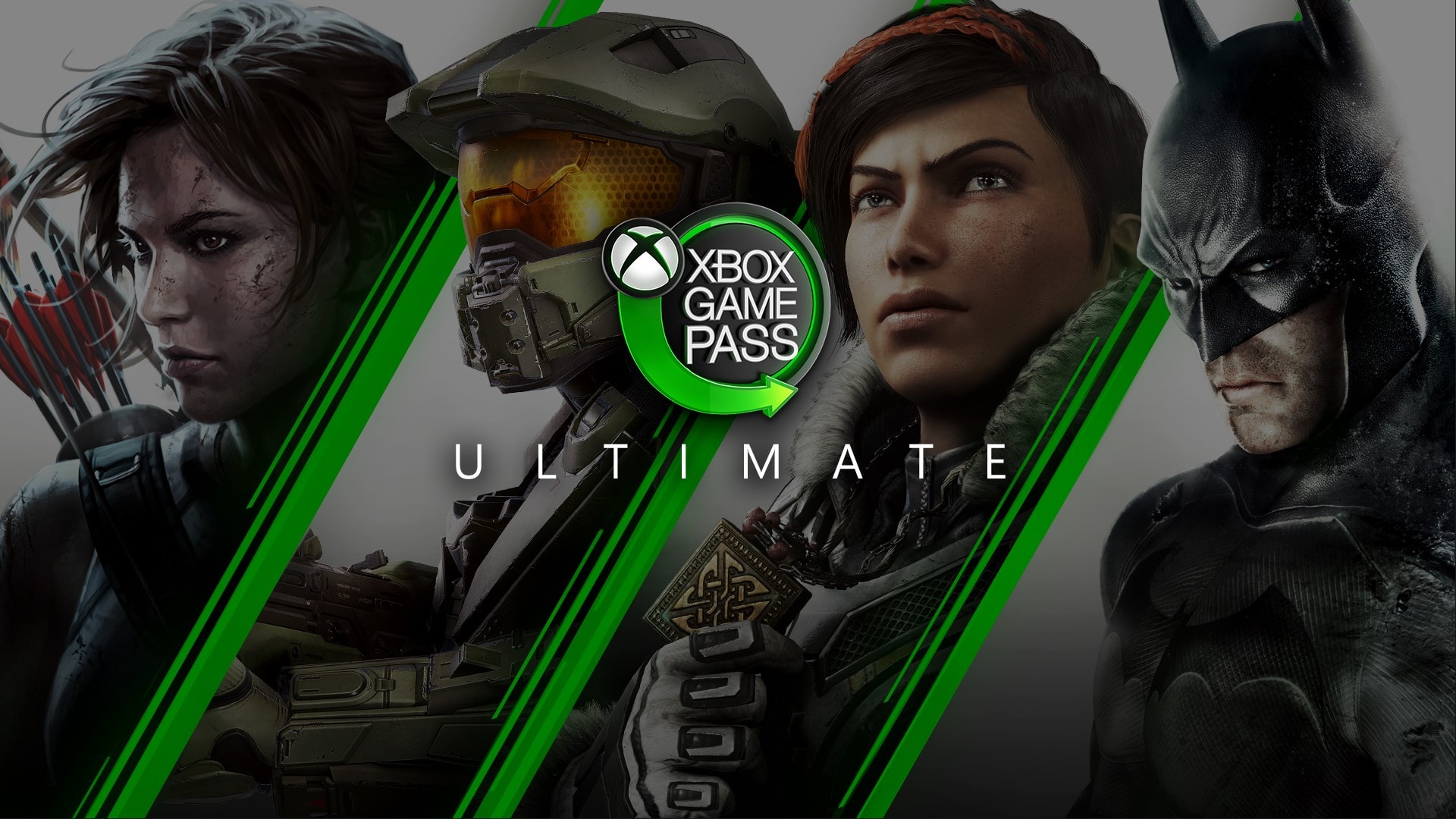
Xbox Game Pass Ultimate might be $15 a month, but that’s because it gives the user access to games across Xbox consoles and PC. Unless Sony somehow gets Spartacus on PC, it’s hard to imagine the service thriving in an environment where it costs more than a competitor that offers a wider breadth of games.
Alternatively, Spartacus could feature subscription tiers. Sony currently has PS Now and PS Plus, each of which cost $59.99 every 12 months at retail value. Perhaps Sony will feature some sort of “PlayStation Complete” package that allows users to pay for all three services under one subscription.
Otherwise, Sony should be focused on undercutting (or at least matching) Xbox Game Pass. The two services might not have to be in direct competition with one another, but it would be a bad look if Sony releases a less robust service at a higher cost.
Bottom line
Sony doesn’t need to mimic Xbox Game Pass. Microsoft found its own path to success this generation, and now everyone is freaking out assuming that PlayStation can only survive if they adapt to this business strategy.
Nintendo has been doing its own thing since the Wii, and now, the Switch is one of the best selling consoles of all time. Just this month, VGChartz reported that the Nintendo Switch exceeded 100 million units sold. It breezed past the Wii in lifetime sales, and will certainly outdo the PlayStation 1 soon. The Wii U was a complete failure, but Nintendo didn’t follow up with one of the best-selling consoles of all time by copying Sony and Microsoft. Not only is the Nintendo Switch brilliant, but it is unmistakably Nintendo. These platforms thrive by being their own unique beasts. Constantly begging for them to imitate one another will only lead to a bland, overly homogenized console ecosystem.
PlayStation is going to be fine. Microsoft will find success after turning its platform into something the gaming industry has never seen before, but there’s no reason to believe Sony has to travel that same road.

Self-described art critic and unabashedly pretentious, Claire finds joy in impassioned ramblings about her closeness to video games. She has a bachelor’s degree in Journalism & Media Studies from Brooklyn College and five years of experience in entertainment journalism. Claire is a stalwart defender of the importance found in subjectivity and spends most days overwhelmed with excitement for the past, present and future of gaming. When she isn't writing or playing Dark Souls, she can be found eating chicken fettuccine alfredo and watching anime.
